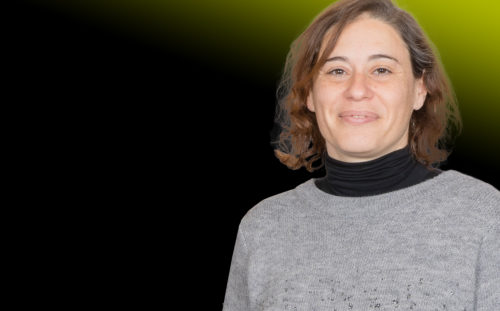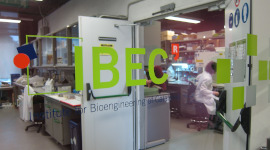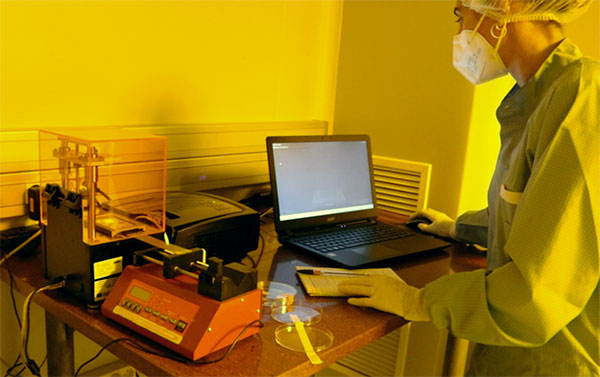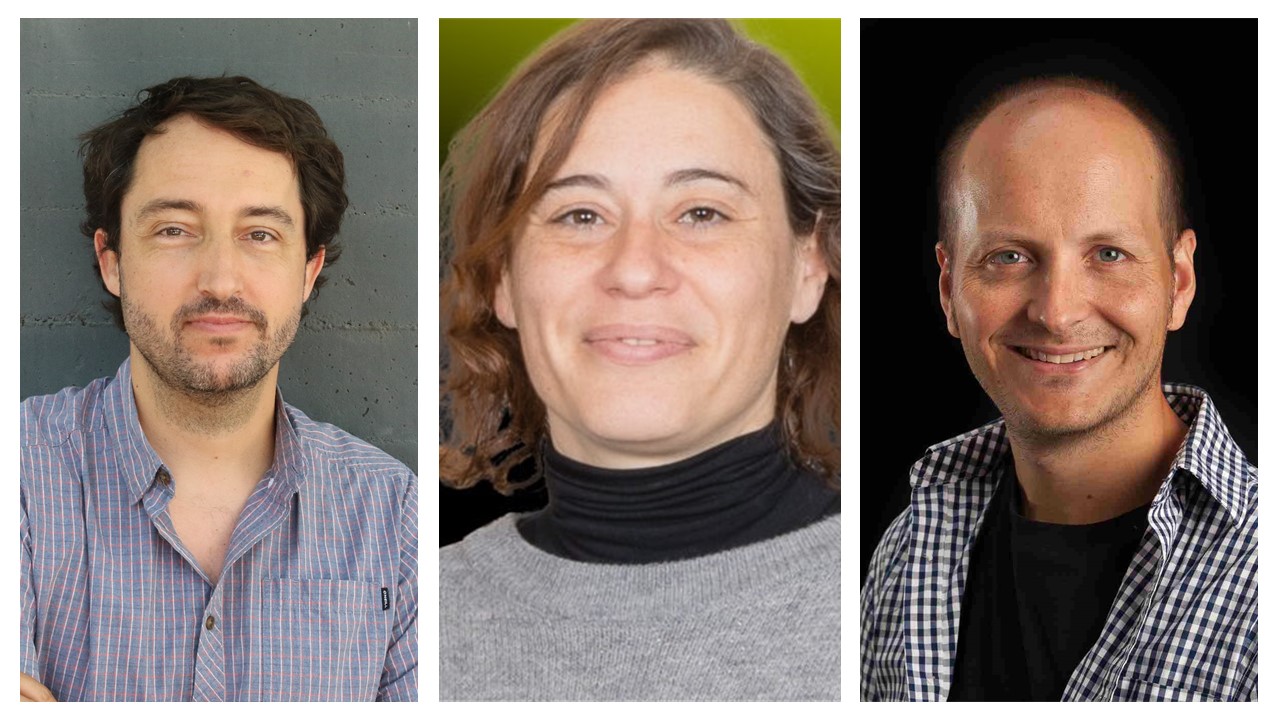3D mini-intestines to study bacterial infections
Researchers at IBEC have developed a 3D model of the human intestine that simulates the characteristics of the intestinal mucosa and its reliefs. These mini-intestines will make it possible to … Read more

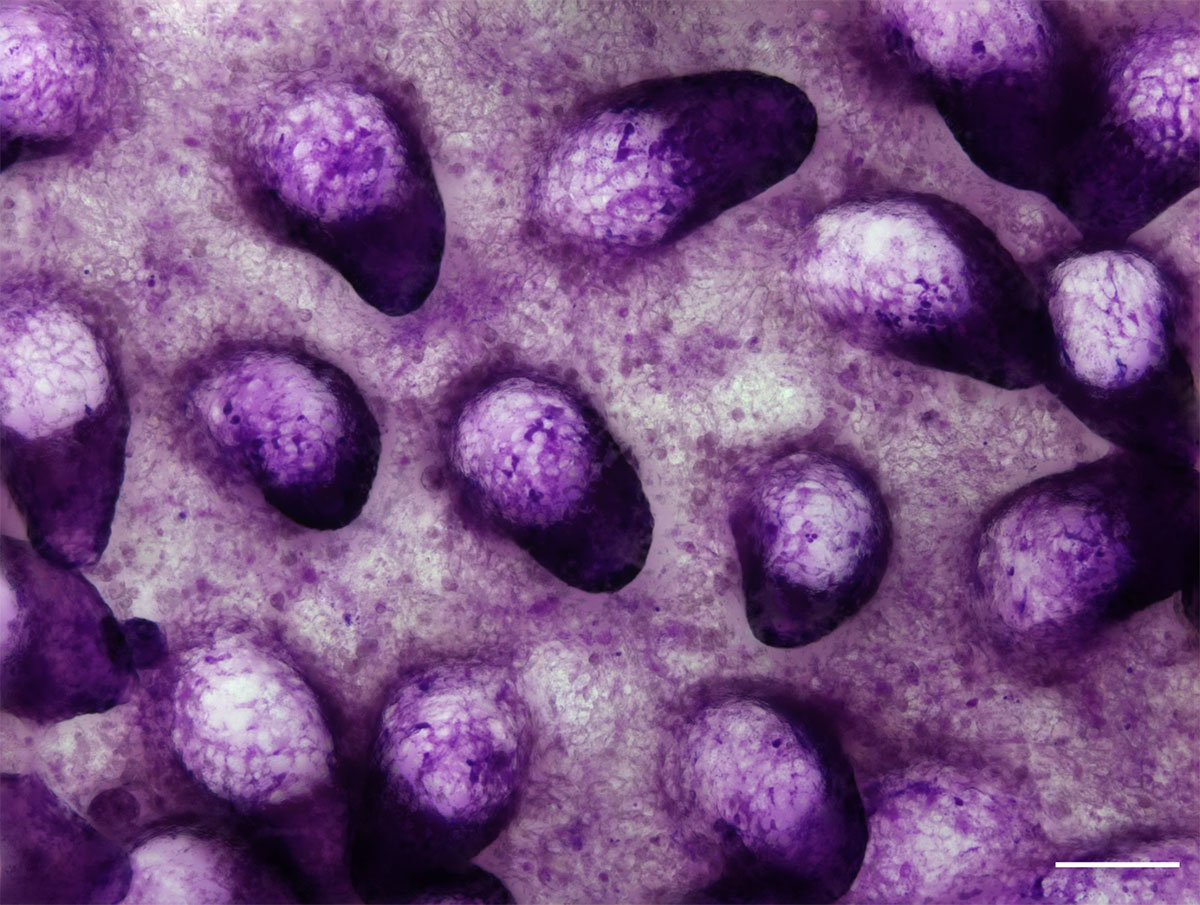
 Data límit: 20/06/2022
Data límit: 20/06/2022